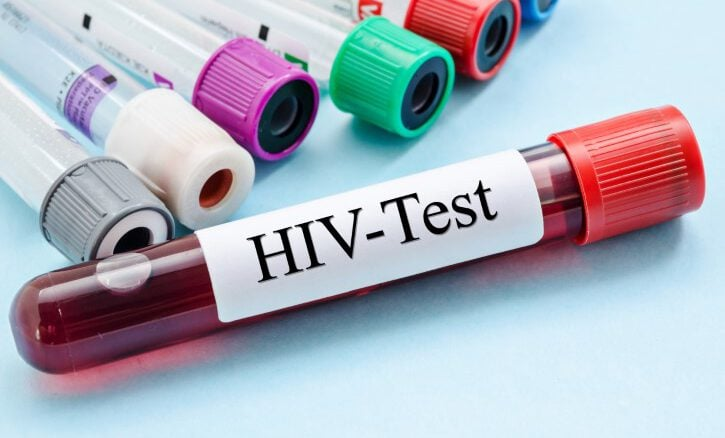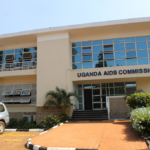The Uganda AIDS Commission has revealed that currently, Fort Portal City is the region with the highest HIV prevalence based on the 2023 data and it is followed by Mbarara City, although the high HIV prevalence has also been reported in Northern corridor especially along the highways where there is high commercialization, sex work, and the lake regions have also recorded high HIV prevalence rates.
Dr. Nelson Musoba, Director General Uganda Aids Commission also warned about the likelihood of increased prevalence rates of HIV/AIDs infections in Hoima City, as Uganda moves towards the commercialization of its oil and gas.
He issued the warning while speaking to journalists at Parliament, after his meeting with MPs on the Committee on Commissions, Statutory Authorities and State Enterprises (COSASE).
In the report released by the Ministry of Health, 2023, Fort Portal city had a prevalence rate of 17.8 % followed by Mbarara district with HIV prevalence rate of 14.4 %.
Dr. Musoba noted that prevalence rates are usually determined by activities taking place in different regions and with the looming commercialization of oil production in Hoima City, many workers will leave their spouses home and interact with people whose HIV/AIDs status they aren’t aware of, thus increasing their risk to being infected with HIV/AIDs.
“The risk factors are based on which activities are taking place in the region, because if you have a region with a highly mobile population, like now, we are worried about highly commercialized activities in the Hoima region. We see oil taking place, it means people will take services there and every time people move, they leave their partners home, and they are at risk. They are moving amongst key populations, they don’t know the status of the people they are interacting with. So, if you have a region with high commercialization, a lot of young people and high activity with disposable income, those form part of the risk factors,” remarked Dr.
At individual level, Dr. Nelson Musoba said that the high prevalence rates are amongst young people and older persons between 40-50 years, attributing the trend to the cross generational sex, saying the girl child is at a higher risk due to low bargaining power to ensure practice of safe sex.








